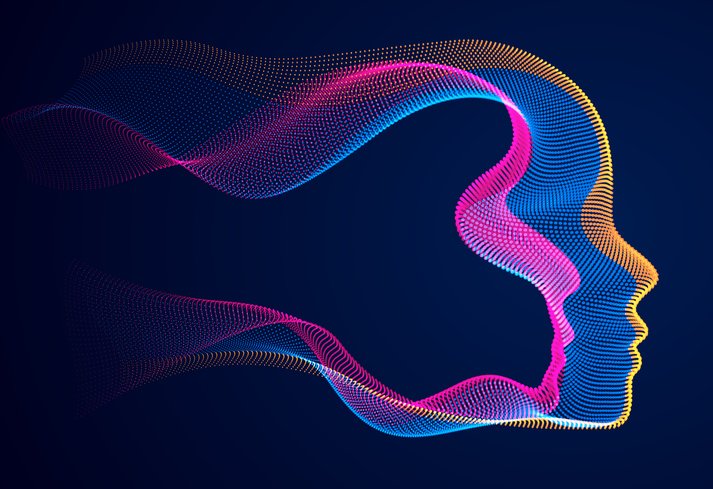Headspace recently introduced Ebb, an empathetic AI companion. It helps users reflect and sort through their emotions, and provides recommendations for mental health content.
Share Options
Share a link too this article
Mental health platform Headspace launched a new feature last week called Ebb, an empathetic AI companion, to help people process their emotions.
Santa Monica, California-based Headspace offers an app for consumers that provides mindfulness and mental health tools, including guided meditations and mental health coaching. It also has an offering for businesses that includes therapy and psychiatry. To start, Ebb is only available to consumer subscribers in the U.S. and not for those who have access to Headspace through their employer or health plan. A subscription costs about $13 a month or about $70 a year.
Ebb is meant to support people through the “ebbs and flows of life,” according to the announcement. It uses a process called motivational interviewing, a methodology that helps people make positive behavioral changes. The feature does not provide mental health advice, guidance or diagnoses, but allows members to reflect and sort through their emotions.
Monica Vajani, Executive Director for mHUB’s MedTech Accelerator, discusses how mHUB is helping innovators transition healthcare towards value-based care.
“We developed Ebb because we’ve heard from our members that many want active self-reflection features within Headspace, and we believe in the power of conversational AI to help support this exercise,” said Matt Chester, clinical product manager and licensed psychologist at Headspace. “Regular self-reflection can be a tool for improved mental and emotional health.”
Chester added that the company has heard from members that they often struggle to find the best mental health content for them. Ebb solves this by providing members with personalized recommendations for meditations, mindfulness activities and mental health content based on their current mood.
Ebb was developed by a team of clinical psychologists and data scientists. It was trained using large language models and in-house datasets, including “curated interactions that reflect a broad range of emotions and life experiences,” Chester said.
Headspace has been using AI for some time to help providers with administrative tasks and identify safety risks in patient conversations. However, this is the company’s first consumer-facing AI product. More and more companies are leveraging AI to support patients with their mental health needs, such as Wysa, which uses an AI-driven chatbot to ask users open-ended questions and prompts them to respond with how they’re feeling. Woebot is another AI-powered mental health tool that engages in conversations with users to help them work through their emotions.
HLTH 2024, scheduled for October 20-23 at the Venetian Expo Center in Las Vegas, will highlight new programming, a physicians roundtable, generative AI, the shifting landscapes of telemedicine, retail health, women’s health, and lots more.
Chester said that investing in a product like Ebb “opens up doors” for making care more personalized and supplementing care provided by humans.
“We acknowledge that AI is a relatively new technology and it is not a replacement for human-based care and will continue to offer both Ebb and human care services in order to ensure that Headspace members have access to the resources that match their specific preferences and requirements for support — no matter where they are on their mental health care journey,” Chester said. “Long term, we envision Ebb becoming a nimble, knowledgeable mental health companion that learns from member behavior, adapts to changing needs, and provides support to complement the care provided by our clinicians and mental health coaches — as well as triage and escort a member to these providers.”
He added that Headspace is taking a “thoughtful approach” to rolling out Ebb to its employer and health plan customers in 2025. It plans to offer the feature to employers and health plans as an optional add-on to existing Headspace packages.
Photo: Sylverarts, Getty Images
We will never sell or share your information without your consent. See our privacy policy.
Health systems have spent billions on portals while investments in modernizing the voice channel — the dominant preference of healthcare consumers — have taken a backseat.
These strategies and practices can significantly shorten the life cycle of claims, leading to quicker resolutions and improved financial outcomes.
These strategies and practices can significantly shorten the life cycle of claims, leading to quicker resolutions and improved financial outcomes.
We will never sell or share your information without your consent. See our privacy policy.
© 2024 Breaking Media, Inc. All rights reserved. Registration or use of this site constitutes acceptance of our Terms of Service and Privacy Policy.
